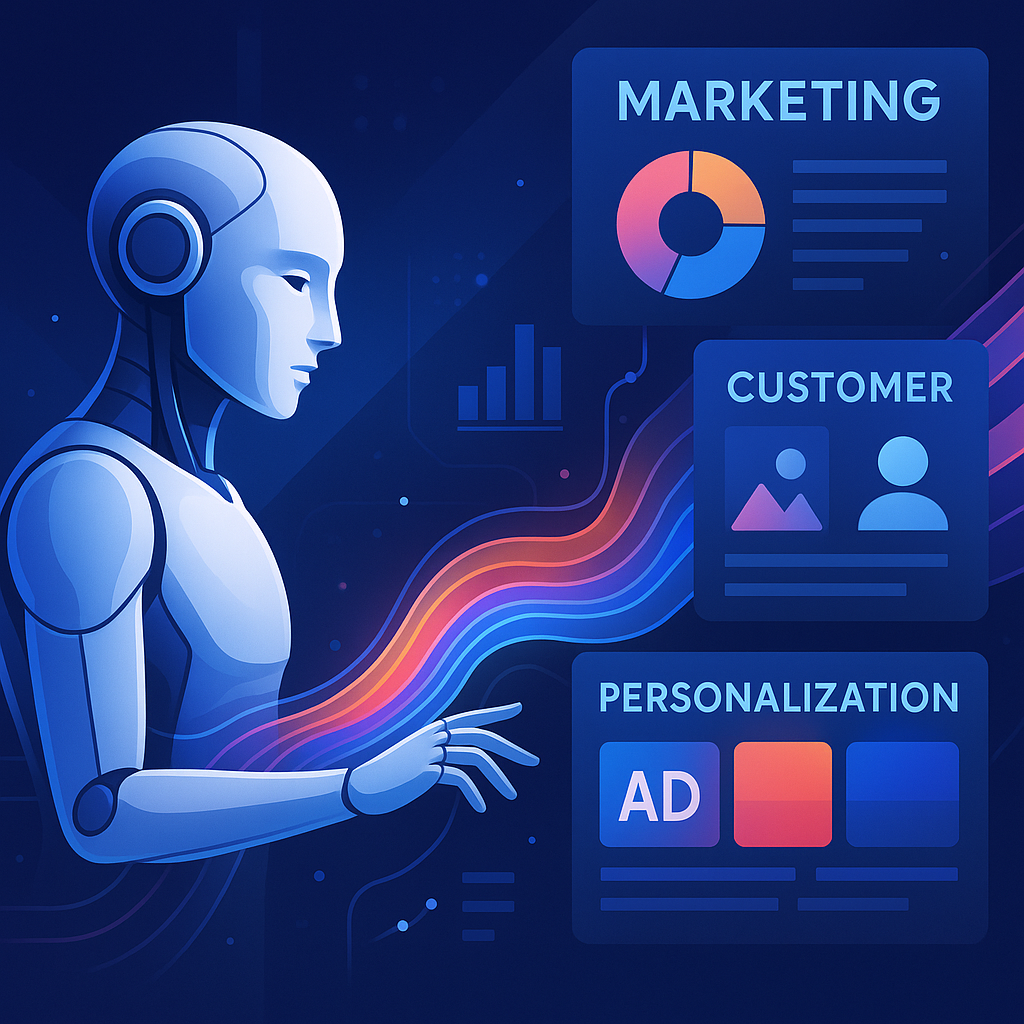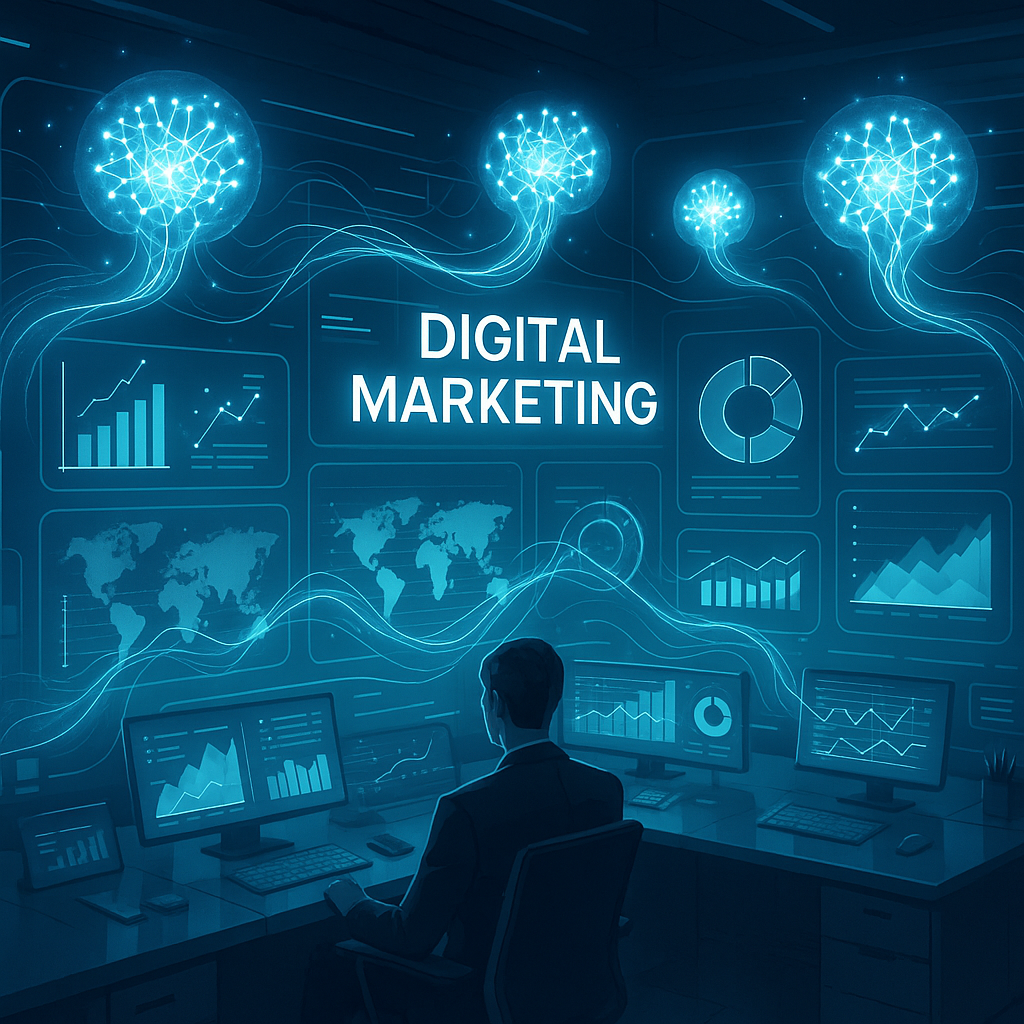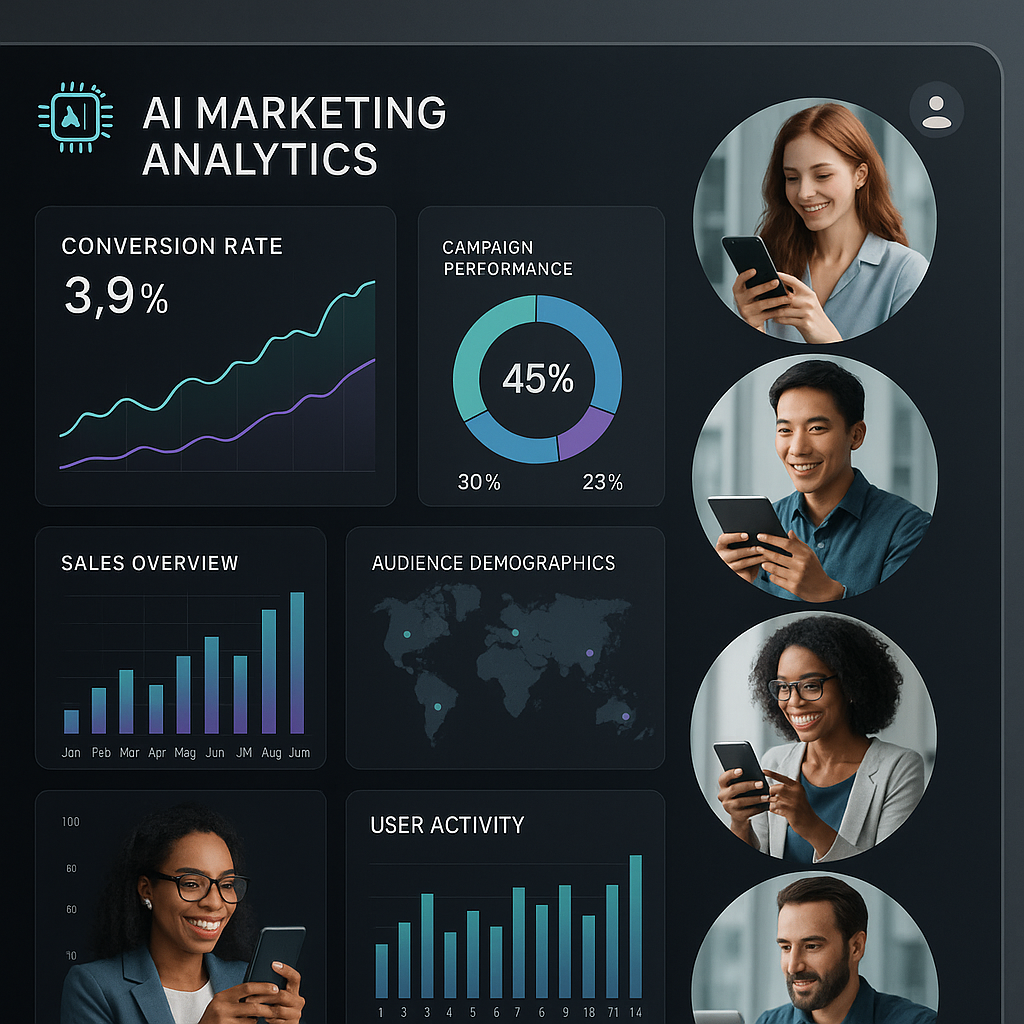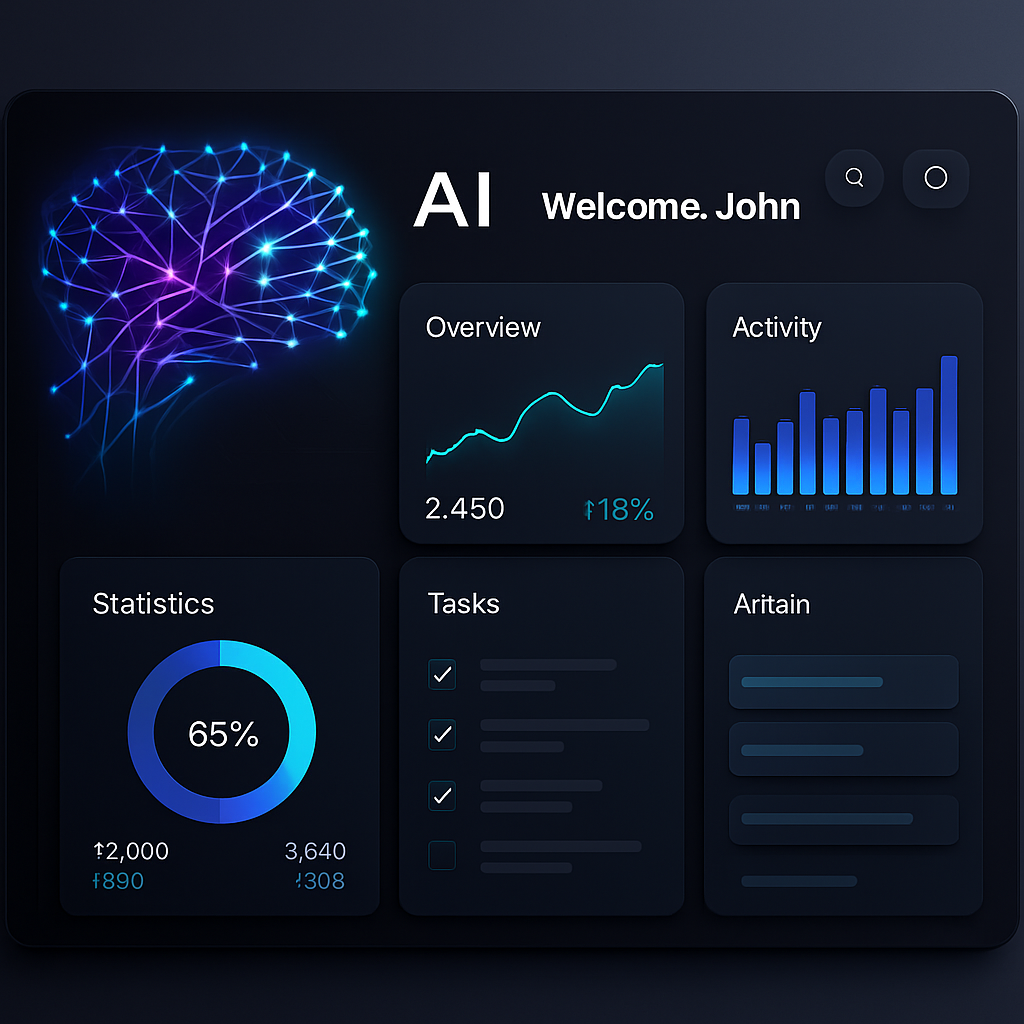
Harnessing Good AI: Tailored Software Reshapes Digital Marketing
Introduction: The Rise of good ai in Digital Marketing
Artificial intelligence has moved beyond a futuristic buzzword to become a foundational element of modern digital marketing strategies. In 2025, the concept of good AI — AI designed with ethical frameworks, transparency, and optimized for user benefit — is gaining paramount importance. When integrated with tailored software, these systems provide unprecedented avenues for marketers to craft meaningful, efficient, and data-driven campaigns that resonate with consumers on a personal level.
What Constitutes Good AI in the Marketing Context?
Good AI refers to artificial intelligence models and applications engineered to operate responsibly, reduce biases, and prioritize outcomes beneficial both to businesses and their customers. Unlike generic AI tools, good ai is grounded in ethical usage, ensuring privacy protection, fairness in data handling, and explainability of its decisions.
In digital marketing, this involves:
- Transparency: Clear communication to customers about AI's role in processing their data and tailoring experiences.
- Fairness: Ensuring AI recommendations or targeting do not perpetuate discriminatory practices.
- Privacy-centric design: Compliance with data protection laws and a preference for anonymized data models.
The Power of Tailored Software in Enhancing AI Impact
While off-the-shelf AI marketing platforms offer convenience, they often lack the flexibility and specificity required by unique business needs. Tailored software, custom-developed solutions shaped around an organization's existing systems, goals, and customer profiles, unlocks maximum value by:
- Seamless Integration: Connecting directly with proprietary CRM, sales, and analytics tools.
- Custom Data Models: Utilizing unique customer data sets to train AI for more precise predictions.
- Adaptive User Experiences: Allowing marketers to design bespoke interactions based on AI insights.
When good AI algorithms are embedded in tailored software, digital marketing becomes not just automated, but intelligently optimized for each brand’s ecosystem.
Key Applications of Good AI and Tailored Software in Digital Marketing
1. Hyper-Personalization at Scale
Good AI analyzes vast and diverse datasets—behavioral patterns, preferences, purchase histories—to create individualized content. With tailored software, marketing platforms can deliver dynamic website content, personalized email campaigns, and targeted ads precisely tuned to audience segments or even single users. This level of personalization drastically boosts engagement and conversion rates.
2. Predictive Customer Insights
Advanced AI models embedded in custom software tools forecast future customer behaviors such as churn risk, product interest, and lifetime value. Marketers use these predictions to focus efforts on high-potential leads or tailor retention campaigns effectively. Good AI’s transparency also means predictions can be audited and improved continuously.
3. Intelligent Automation of Campaigns
Automated campaign management powered by good AI reduces costly manual intervention and wrong targeting. Tailored software orchestrates this automation, deciding optimal send times, channel mixes, and content variations based on continuously learned performance data. This ongoing adjustment keeps marketing fresh and impactful.
4. Ethical Customer Engagement
Good AI frameworks embedded in custom marketing platforms ensure engagement respects user consent and avoids manipulative tactics. For example, chatbots powered by ethical AI can provide honest, privacy-preserving customer support experiences while gathering valuable feedback.
Innovative Examples Illustrating This Transformation
Consider a global apparel brand that developed tailored AI software enabling real-time personalization across digital channels. By leveraging good AI principles, their system dynamically adapted promotions based on ethical data use—such as excluding underage users from certain targeted campaigns—and reported transparency metrics to customers. The result was a 30% boost in online sales and improved brand trust.
Another example is a mid-sized travel platform that integrated tailored AI-powered predictive analytics into its booking system. Good AI models forecasted seasonal demand shifts and customer preferences while safeguarding personal data. This enabled marketing teams to launch timely, personalized offers that increased bookings by 25% while enhancing compliance with emerging global data regulations.
Challenges and Considerations
Despite its advantages, deploying good AI with tailored software demands overcoming challenges such as:
- Complex Development: Building custom AI solutions requires skilled teams and significant planning.
- Data Quality: Good AI depends on high-quality, unbiased data that properly represents diverse customer bases.
- Ongoing Governance: Continuous monitoring and updating are necessary to maintain ethical AI practices and align with legal standards.
The Future: Toward More Human-Centric Digital Marketing
Looking ahead, good AI combined with tailored software promises a future where digital marketing strategies are not only more effective but also more humane. Ethical algorithms will balance business goals with customer well-being, crafting experiences that respect privacy, champion fairness, and foster genuine connection.
Marketers embracing this paradigm will shape digital ecosystems where technology enhances rather than exploits, where personalization respects rather than intrudes, and where data drives insight rather than mere surveillance.
Conclusion
In 2025, embracing good AI and tailored software solutions offers digital marketers a compelling pathway to transform strategies fundamentally. This synergy empowers hyper-personalization, predictive intelligence, automation, and ethical engagement at scale. While challenges remain, the thoughtful application of these technologies promises a more transparent, effective, and customer-centric digital marketing landscape that benefits brands and consumers alike.







